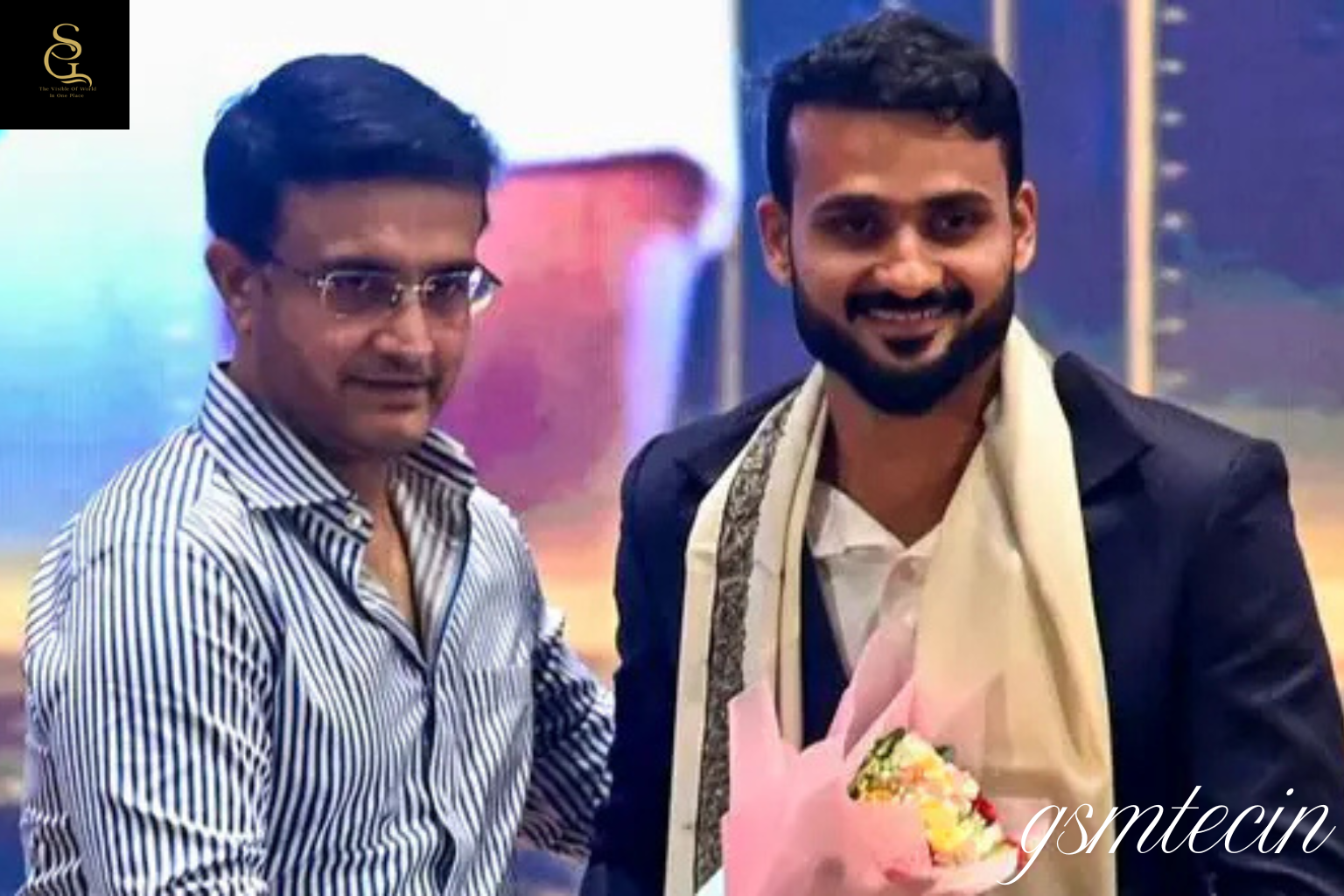Akash Deep Discusses Workload in Depth: “Not in My Hands”
Overview
It is more crucial than ever to strike a balance between player well-being and performance given the rigorous schedule of modern cricket. When asked about managing his workload, Indian pacer Akash Deep recently said, “It’s not in my hands.” It is dependent upon the physiotherapists and team members. His open comments draw attention to how little control athletes frequently have over their schedules.
Akash Deep is who?
Akash Deep is a fast bowling rising star from India who has established himself in the IPL, India A tours, and domestic cricket. His rise from tennis-ball cricket to the dressing room of elite players is evidence of his talent and perseverance. He was born in Dehri, Bihar, and grew up in Bengal. Well-known for his accuracy, swing, and speed, he is currently working to solidify his position in India’s pace attack.
Workload in Contemporary Cricket
With domestic games, international tours, the IPL, and other leagues taking up most of the cricket calendar, there isn’t much time for rest. Because of the physical demands of their position, fast bowlers are especially vulnerable to injury. Senior players take deliberate breaks, but up-and-coming players frequently take advantage of every opportunity to establish themselves, even if it means playing nonstop.
From Akash Deep’s perspective
Regarding workload balancing, Akash said:
“I have no control over it.” It is dependent on the selectors and management. It’s my responsibility to be prepared for any calls.
It demonstrates that:
Players adhere to team schedules; with coaches, selectors, and medical personnel deciding on rest and rotation.
The key is readiness; he emphasises being ready for any format at any moment.
The Reasons Behind Players’ Limited Control
Decisions about selection and rest are based on:
Team tactics for various circumstances.
GPS and medical tracking are used for fitness evaluations.
Priorities for tournaments and player rest before important events.
Refusing to play could result in missed opportunities for a rookie like Akash.
Rapid Bowling and the Risk of Injury
Pace bowling puts a lot of strain on the shoulders, knees, and back due to its repetitive, high-impact motions. Overworking oneself raises the risk of injury. Limiting overs, switching up bowlers, making sure players get enough rest, and keeping an eye on biomechanics are some management techniques. Long injury breaks have even been experienced by celebrities like Mohammed Shami, Hardik Pandya, and Jasprit Bumrah.
Speaking on behalf of India
There is a great deal of pressure and pride in representing India. While veterans may receive rest periods, each game is vital for young bowlers to establish themselves. To guarantee his place, Akash views each appearance as an audition.
The Part of Team Management
When planning rest, India’s management collaborates with the National Cricket Academy (NCA), taking into account tournament schedules, opponent strength, match intensity, and player fitness history. For instance, important players were rested prior to the 2023 ODI World Cup in order to prevent burnout.
Mental Exhaustion and Lifespan
Constant travelling and meeting fan expectations can lead to mental exhaustion in addition to physical strain. Young cricket players have little downtime because they are juggling several competitions. Akash’s strategy, which emphasises readiness over control, might support his mental toughness.
Gaining Knowledge from Elders
Akash can gain insight into when to exert maximum effort and when to conserve energy by observing how Bumrah, Shami, and Ishant Sharma handle their careers.
Reality versus Public Perception
Players’ rest is frequently misinterpreted by fans, who blame it on boredom or IPL exhaustion. In actuality, rest is a scientifically supported strategy to guarantee optimal performance at important competitions.
An example of the England Test Series
Because of workload management, Bumrah bowled 119.4 overs in three Test matches while Mohammed Siraj bowled 185.3 overs in all five matches during the England Tests. In his three Test matches, Akash Deep bowled 109.1 overs, claimed 12 wickets, including a game-winning 6/99 in Birmingham, and even hit a fifty.
Akash remained tactful when questioned about whether workload matters when representing the nation:
I have no control over it. These matters are handled by the Indian cricket team‘s medical staff. They have a procedure.
Players follow the medical staff’s advice to rest; it’s a systematic approach to long-term performance.
Implications for His Career
Akash might establish himself as a regular across formats if he stays healthy and performs reliably. It will be essential to adopt appropriate recovery, strength training, and mental rest practices. He can concentrate on delivering match-winning spells because he trusts the management’s judgement.
In conclusion
The fact that workload management is a shared responsibility in contemporary cricket is reflected in Akash Deep’s remarks. While the management chooses when to give younger players a break, their preparation and readiness come first. Future success will depend on preserving the fitness of fast bowlers like Akash Deep given India’s hectic cricket schedule.





